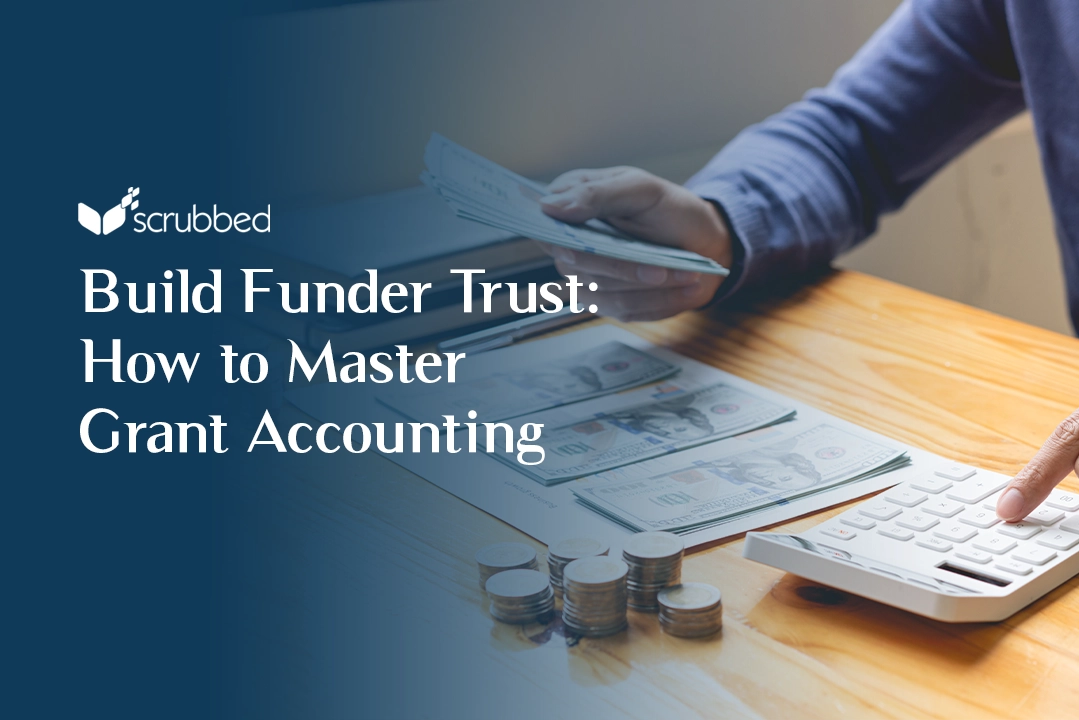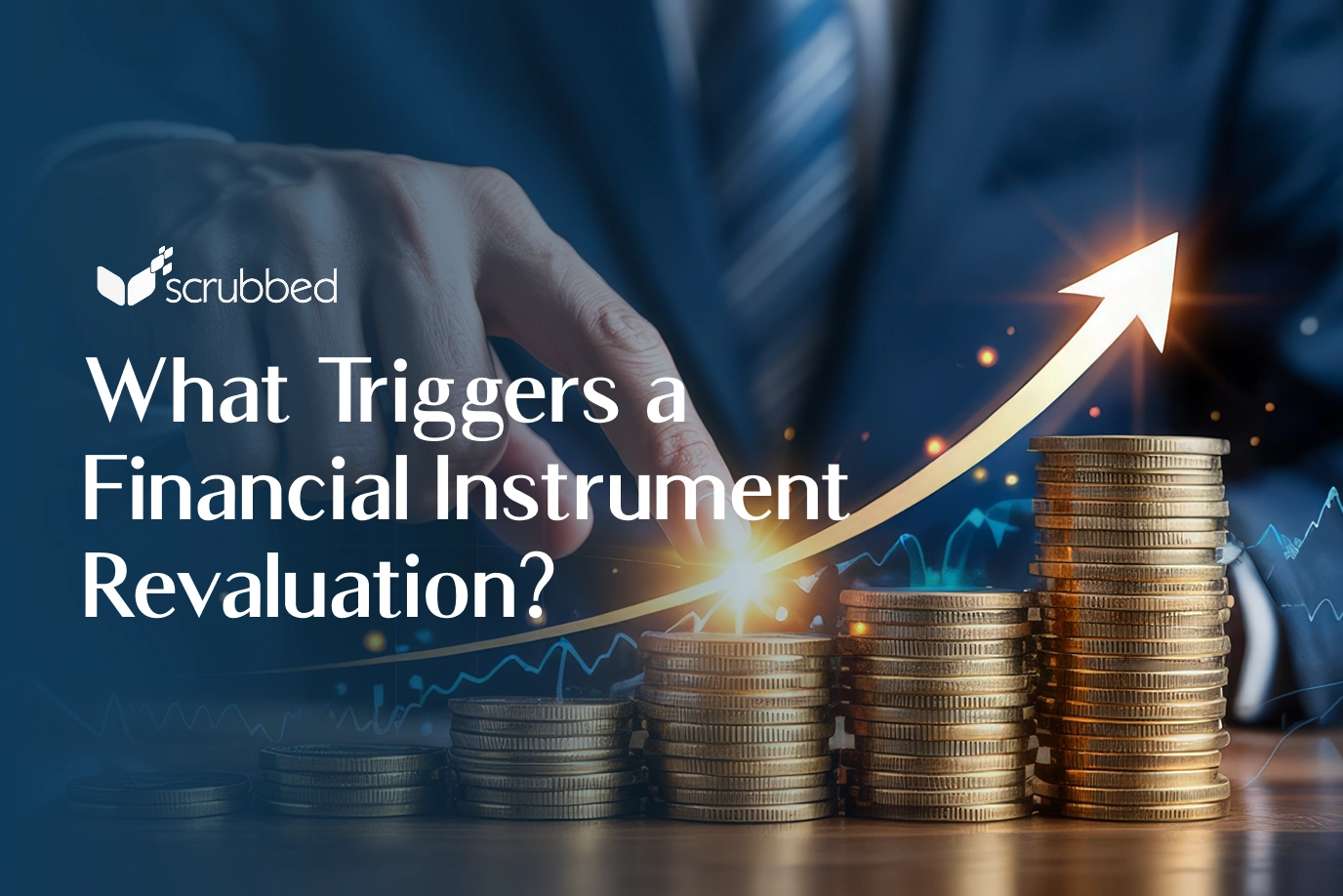You have an idea for a new product or service that can fill a market void and you’ve decided to go all-in on turning this concept into a successful business venture. But your personal assets can only go so far in covering costs until you have a product or service ready to sell. Even when you start generating sales, your expenses might outpace your revenue for a while. In either case, you’ll need to raise capital to keep your business going.
Whether you’re in the pre-product or pre-launch phase and looking for seed capital, or your business is ready for a Series A round, one thing is certain: You’ll need to get your financial house in order before approaching investors. Partnering with a trusted corporate finance advisory team can help ensure your financials are investor-ready and position you for long-term growth.
How Early-Stage Investing is Changing
It used to be that startups could only count on attracting seed capital in small increments of a few thousand dollars, often from family and friends. Founders hoped to get enough small investments to keep the business afloat for a short period.
When the ask is low and you’re approaching people you know personally, they may not expect to see much in the way of financials. If they’re convinced you have a sound idea with good potential—or they’re just sold on you as the founder—they may not ask for much detail on how you’ll use the funds or when you expect to generate revenue or profits.
Today, the early stage investing landscape is much more complex. Seed funding may come from angel investors willing to offer five-figure or six-figure investments to early startups, or venture capital (VC) investors willing to ante up much more. That’s good news if you’re trying to get a startup off the ground—but it means investors will expect to see financial statements or financial reports and analysis you may not be accustomed to generating.
Even if you use less traditional sources of early-stage funding, like crowdsourcing or a SAFE (Simple Agreement for Future Equity) investment, investors may be just as interested in your financials as they are in your idea and your vision for turning it into a marketable product.
When You’re Ready for a Series A Round
Once you’ve demonstrated your product or service fills a market need and you’ve begun to gain traction—but you need significant funding to further develop the product, hire more talent, or acquire customers more aggressively—you’re likely ready for a Series A round.
Series A participants are usually VC firms with the resources to make a more substantial financial commitment, and they’re more rigorous in their due diligence than those who provide seed capital. To withstand their scrutiny, you’ll need clear, complete, accurate financial information that demonstrate your business’s viability and instill confidence that you’ll put investors’ capital to good use.
How to Prepare for Your Next Funding Round
Whether you’re looking for seed capital or 7-figure commitments from Series A subscribers, you’ll need to get your financial house in order. The following tips can help you do just that.
– Don’t underestimate the need for capital. Having a strong idea and the passion to pursue it is essential to success, but it’s not enough. Your ability to fundraise is one of the greatest determinants of your success. Improve your knowledge of how the capital markets work, so you’re prepared to raise the funds you need to thrive.
– Be proactive. Some entrepreneurs wait until the need for funding reaches a critical stage before thinking about what an investor needs to see. To avoid scrambling, begin preparing a few months before you’ll approach investors.
– Go beyond Excel. While spreadsheets may be enough for your day-to-day accounting, investors will expect that you’re using an accounting system to more formally document transactions and report on financials. Cloud-based solutions are easy to use and affordable.
– Consider outsourced help. Outsourcing your bookkeeping and financial reporting to a third-party provider is an effective, affordable way to develop the documentation investors expect. Partnering with a firm that specializes in outsourced finance and accounting also boosts your credibility, since investors will feel more confident in financials developed by accounting professionals who take a disciplined approach.
– Get your financial statements together. At a minimum, even angel investors will expect to see your general ledger, a cash flow analysis, and a basic budget that aligns with your operational plan and includes your time as an organizational cost. For Series A investors, you’ll also need an income statement, balance sheet, and revenue and expense forecasts or initial financial model.
– Don’t forget your pitch deck. Besides a clear picture of your company financials, investors who commit larger amounts of capital will want a big-picture view of the idea and the business. Develop a pitch deck that lays out your product/service strategy, marketing strategy, and financial strategy. Document your five-year plan and the roadmap that will get you there, and be prepared to back up your forecasts with market data.
– Look beyond Series A. As soon as you’ve closed one round of funding, it’s time to plan for the next. If a Series B and C are in your future, lay the groundwork by investigating more sophisticated deliverables, including comprehensive financial models, US GAAP-compliant financial statements, a business valuation, and strategies for risk and SOX compliance to meet investor and regulatory expectations.
If your business is preparing to raise capital and you’re not sure if your financials will pass the test, contact the professionals at Scrubbed. We can get your financial house in order in preparation for successful fundraising.








